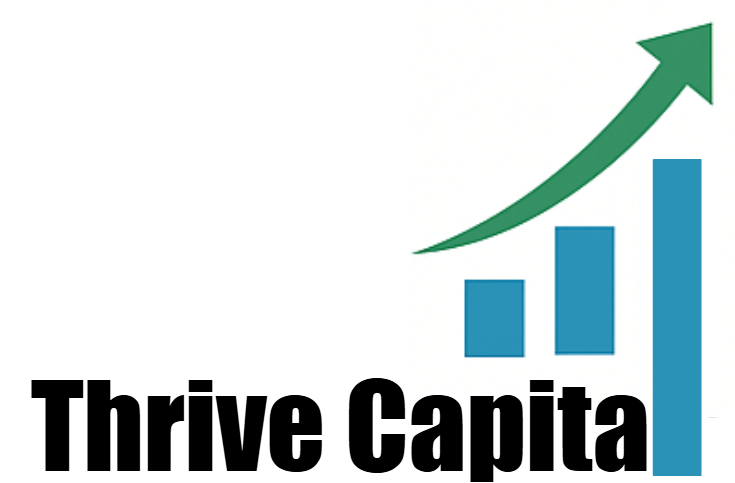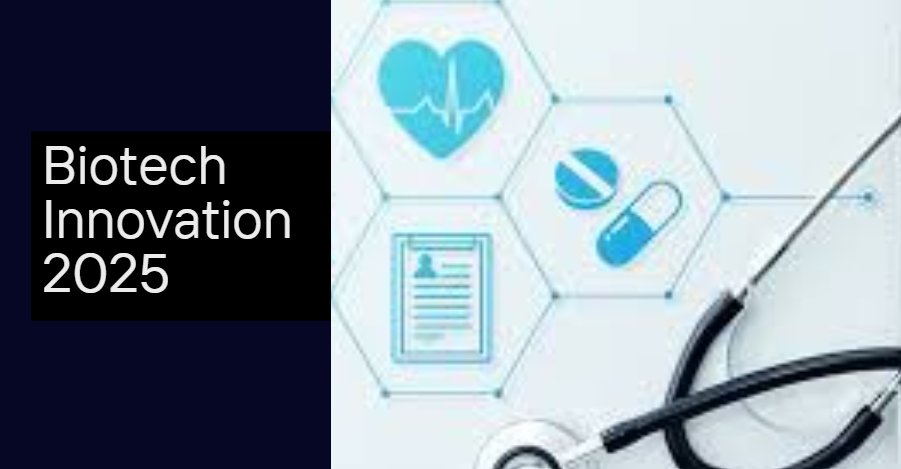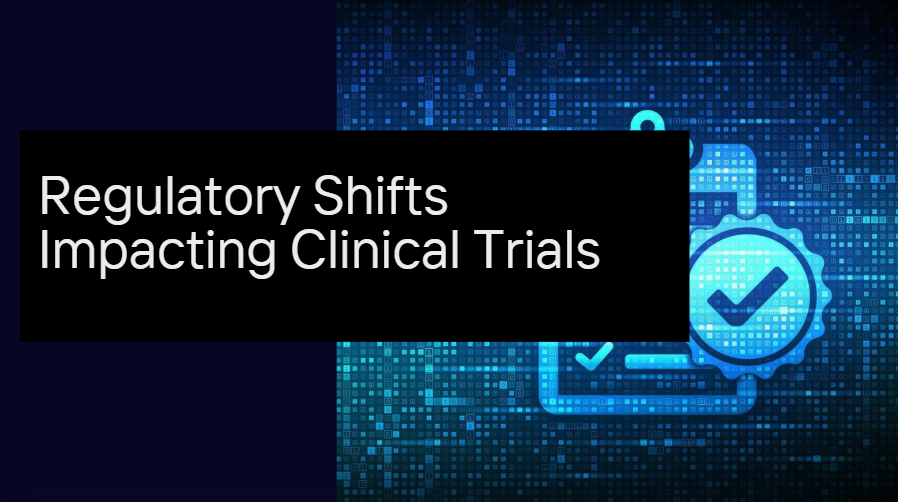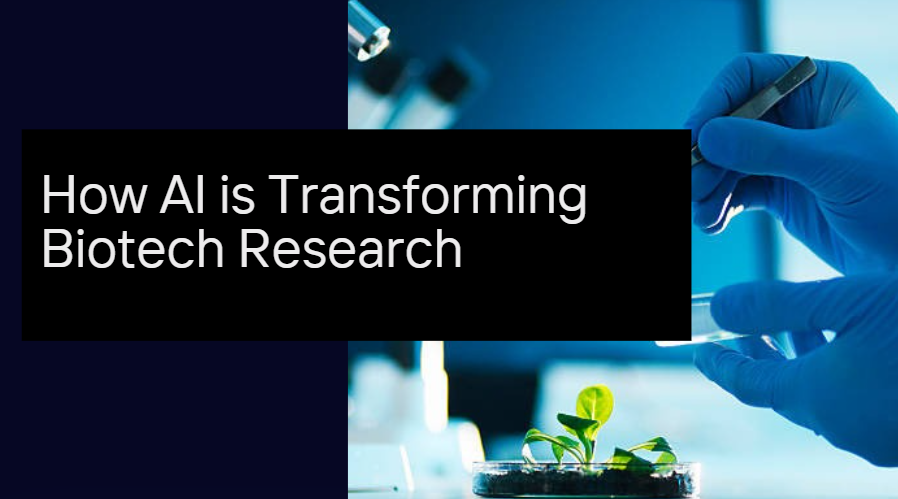Executive Summary
Biotechnology in 2025 is advancing at an unprecedented pace, reshaping how we approach disease, drug development, and personalized health.
Driven by mRNA, gene editing, synthetic biology, and AI-driven discovery, the biotech sector is now central to global health strategies and investment portfolios.
This report highlights the breakthrough technologies, market-moving startups, and key investment hotspots capturing attention in the current biotech boom.
1. The Biotech Momentum: A Global Surge
Biotech remains one of the fastest-growing sectors in health, underpinned by:
-
Scientific progress in genomics and cell engineering
-
Accelerated regulatory pathways post-COVID
-
Demand for next-generation therapies (rare diseases, cancer, neurodegenerative disorders)
-
Cross-industry convergence (AI + biotech, biotech + digital health)
In 2024 alone, global biotech investment hit $110 billion, with Europe contributing over $26 billion, a 19% year-over-year increase.
📈 Graph Idea: Global Biotech Funding Growth (2020–2025)
A line graph showing consistent capital inflow with notable spikes in 2021 and 2024.
2. Key Technological Breakthroughs
Gene Editing and CRISPR 2.0
New precision tools such as base editing and prime editing are correcting mutations with far greater accuracy.
CRISPR-based therapies are entering Phase 3 trials for diseases like sickle cell, Duchenne muscular dystrophy, and certain inherited blindness types.
Notable Startup:
Beam Therapeutics – Leading base editing technologies, with several assets entering mid-stage clinical trials.
mRNA 2.0 Platforms
While COVID-19 launched mRNA into the mainstream, companies are now expanding its application to:
-
Cancer vaccines
-
Autoimmune disease treatments
-
Rare genetic disorders
Notable Players:
Moderna, BioNTech, CureVac – All expanding pipelines far beyond infectious disease.
Neurobiotech & Brain Therapies
After decades of slow progress, neurodegenerative diseases (Alzheimer’s, Parkinson’s, ALS) are now seeing breakthroughs in:
-
Neuroinflammation targeting
-
RNA therapeutics
-
Regenerative neural cell therapies
Startup Spotlight:
Denali Therapeutics – Applying BBB-penetrating drug delivery systems for brain-targeted therapies.
Synthetic Biology
From lab-grown meat to programmable cells that detect disease, synthetic biology is revolutionizing health, food, and materials.
Biomanufacturing platforms are reducing cost and time of biologic drug production.
Hot Startups:
-
Ginkgo Bioworks (platform for cell programming)
-
Zymergen (biofabrication materials and pharma)
3. AI in Biotech: From Discovery to Delivery
AI is now woven into every step of the biotech value chain:
-
Target identification
-
Protein folding simulations
-
Predictive toxicology
-
Clinical trial design and optimization
📊 AI Integration by Biotech Stage (Pie Chart)
Target Discovery: 40%
Preclinical R&D: 25%
Clinical Trial Management: 20%
Manufacturing/Distribution: 15%
Investment Magnet:
Recursion Pharmaceuticals – Combining biology and machine learning with a massive compound dataset.
4. Biotech Investment Hotspots (2025)
Europe
-
Germany: Focus on mRNA, AI-bio convergence
-
UK: Strong in oncology and neurodegenerative research
-
France & Switzerland: Hub for synthetic biology and personalized medicine
-
Nordics: Leading innovations in diagnostics and rare diseases
Note: EU’s centralized drug approval and new startup incentives make Europe increasingly attractive.
United States
-
Boston, San Diego, and San Francisco remain top ecosystems
-
Strong VC support, deep talent pool, and institutional research funding
-
Emerging “biohubs” in Texas and North Carolina
Asia
-
China: Aggressively scaling CRISPR and biosimilar production
-
Singapore: Focused on regenerative medicine and cell therapy platforms
-
India: Growing rapidly in biotech manufacturing and bioinformatics services
5. Top Startup Watchlist (2025)
| Startup | Country | Focus Area | Noteworthy |
|---|---|---|---|
| Owkin | France | AI for clinical trial optimization | Partnered with pharma giants |
| eGenesis | USA | Gene-edited organ transplants | Tackling organ shortage crisis |
| Bit.bio | UK | Reprogramming human cells | Fast-growing synthetic biology leader |
| Immunai | USA/Israel | Immune system mapping with AI | Revolutionizing immunotherapy design |
| BioNTech | Germany | Cancer immunotherapies | Expanding rapidly beyond COVID-19 |
6. Where Investors Are Focusing
Personalized Therapies
Especially in oncology and autoimmune disease, where biomarkers and genomic profiling guide treatment.
Rare Diseases
Small patient populations, high unmet need, and favorable pricing/reimbursement models.
AI-Enhanced Platforms
Biotech companies with AI-native R&D models show better time-to-market efficiency and capital ROI.
Platform Biotechs
Investors favor companies that enable multiple drug development pathways, not just single-asset plays.
Tip: Platform scalability, regulatory track record, and proprietary datasets are key due diligence factors.
7. Risk Factors and Challenges
-
Regulatory Uncertainty: EU/US differ in AI and gene therapy rules; developers must navigate both.
-
Clinical Trial Failures: High-risk profiles, especially in neuro and rare diseases.
-
IP Complexity: Patent disputes are rising in CRISPR and mRNA-related platforms.
-
Scalability Issues: Some breakthrough therapies (e.g., cell therapies) are hard to manufacture at scale.
-
Valuation Volatility: 2022–2024 saw boom-bust cycles in biotech IPOs. Investor caution is warranted.
8. Strategic Outlook for 2025 and Beyond
-
Public-Private Partnerships: More governments are co-funding biotech R&D (e.g., UK’s £650M Life Sciences Plan).
-
M&A Acceleration: Large pharma is actively acquiring mid-stage biotech for pipeline expansion.
-
Data-Driven Regulation: EU’s adaptive clinical trial frameworks will improve time-to-approval for innovative biologics.
-
Biosecurity Focus: Post-pandemic strategies include robust surveillance platforms for future outbreak preparedness.



